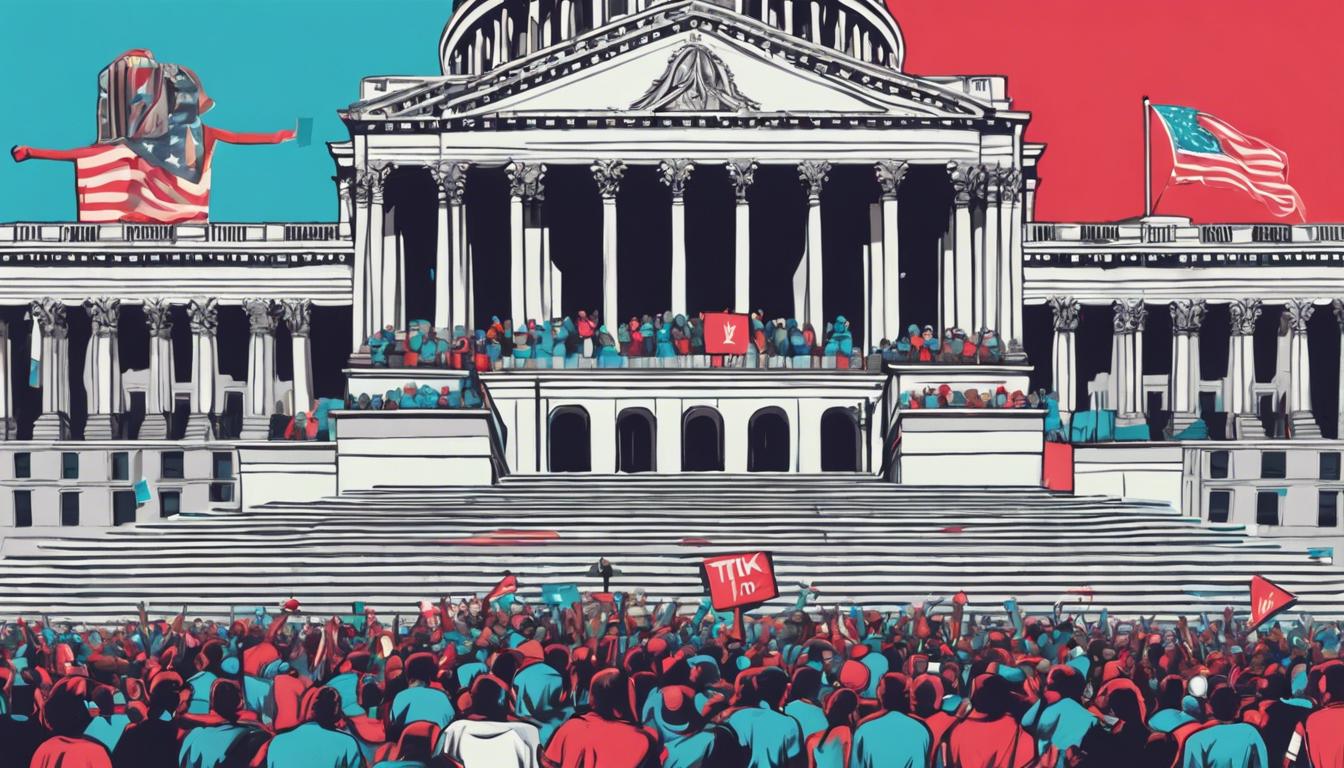A bipartisan bill passed by the US House of Representatives targets TikTok, mandating ByteDance to divest its interest in the app or face a ban, amid national security concerns and potential US-China diplomatic tensions.
The US House of Representatives has recently passed a bipartisan bill targeting TikTok, a popular social media platform owned by the Chinese company ByteDance. This legislation, if enacted, would mandate ByteDance to divest its controlling interest in TikTok within six months, under the threat of the app being banned across the United States. The move is motivated by national security concerns, specifically the potential for user data sharing with the Chinese government, a claim that has been bolstered by various investigations revealing possible data transfer channels between TikTok’s US operations and China.
This legislative action was spearheaded by Republican congressman Mike Gallagher, who expressed apprehension about a platform as influential as TikTok being under the control of a company with ties to the Chinese Communist Party. The bill’s advancement has stirred a wide array of responses, from those advocating for the bolstering of national security to others worrying about the repercussions for TikTok’s vast user and creator base, as well as related US businesses.
If the bill successfully passes through the Senate and receives President Biden’s approval, it could escalate into a significant diplomatic rift with China. Chinese authorities, through foreign ministry spokesperson Wang Wenbin, have already criticized the proposed forced sale as an act of unfair competition, signaling potential international tensions ahead.
The future of TikTok in the US is now uncertain, with its continuation reliant on navigating legislative hurdles, potential American buyers overcoming financial and regulatory challenges, and the broader landscape of US-China relations.













